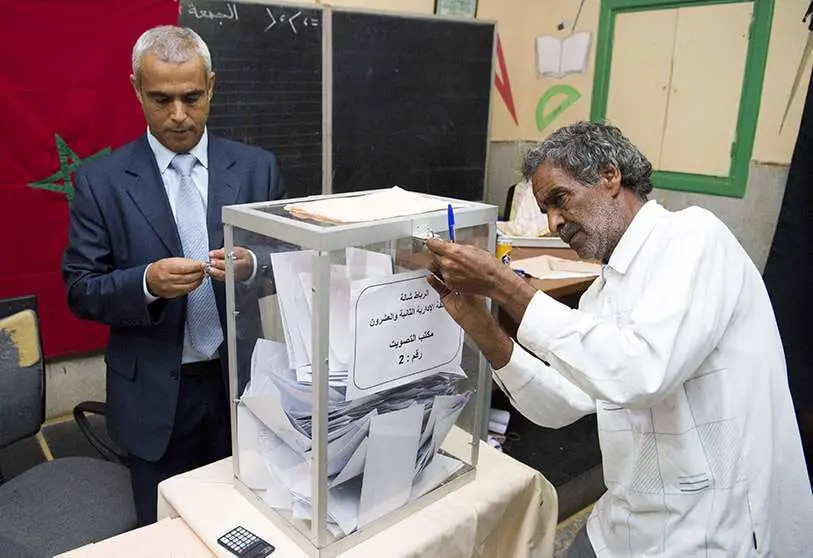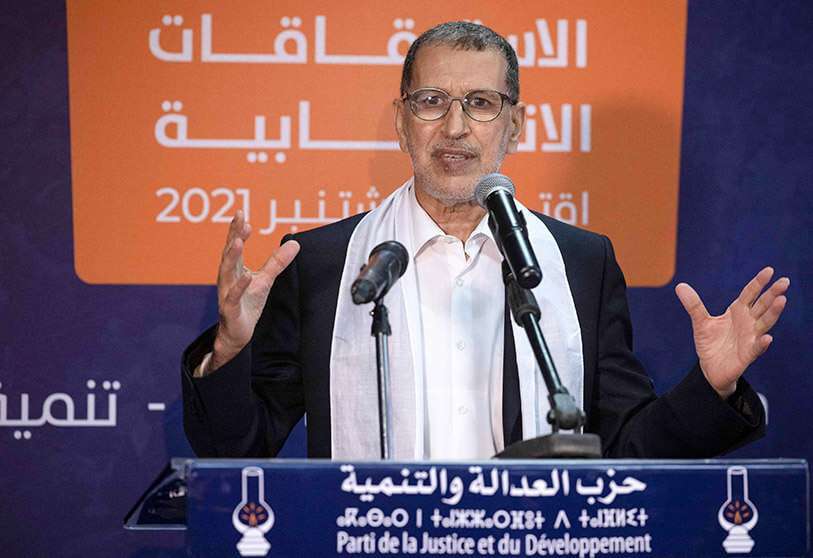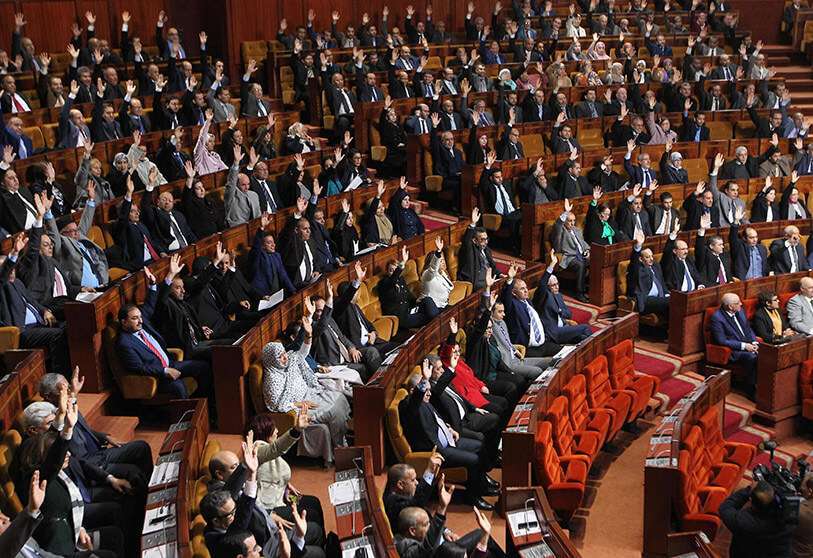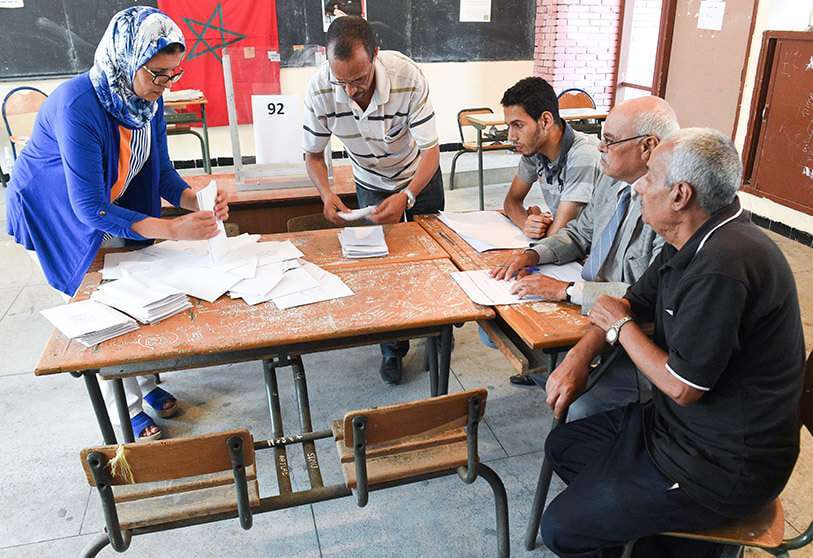Las elecciones marroquíes, una oportunidad para reivindicar el papel regional de Rabat

On 8 September, Morocco faces a triple election for the first time in its history. Nearly 18 million Moroccans are called to the polls to choose their representatives at three levels: local, regional and legislative. This is quite an achievement given the region in which it is taking place, the Maghreb, which has been marked by the many obstacles to democratic openness. Moroccan society is on this path, and although timidly mobilised, it will try to put names and faces to those who will occupy the institutions for the next five years.
The correct holding of the elections is a challenge for the Alawi Kingdom, which has yet to deploy an organisation that is up to the task of hosting three simultaneous ballots and offering an image of institutional vigour. Around 4,600 accredited observers from more than 70 international organisations will be present to ratify the process, spread across the 12 regions into which the North African country is divided. At stake are 395 seats in Parliament and 31,000 public offices spread across districts and provinces.

Three political formations will fight for access to the executive. The Islamist Justice and Development Party (PJD), led by current Prime Minister Saaeddine Othmani and backed by the urban middle classes, is the front-runner. Following in their footsteps, the centre-right National Rally of Independents (RNI) and the left-leaning Party of Authenticity and Modernity (PAM) will try to rally the majority of the electorate. However, the foreseeable scenario is the formation of a coalition government similar to the one that emerged from the ballot box in the 2016 elections.
Up to 32 parties will run in the upcoming elections, a sign of the apparent permissiveness of the system. The parliament is a heterogeneous mix, an ideological mosaic where a total of 12 political formations of different political persuasions coexist. From Islamists to liberals to nationalists. Once again, a reflection of the broad sentiment of Moroccan society and the definitive elimination of the reigning duality between autocracy and parliamentarism, still present in regional politics. In this sense, the partisan atomisation experienced by the lower house will tend to increase after the approval in March of a controversial electoral law that will govern the upcoming elections.

Approved by a majority in the House of Representatives in the face of harsh criticism from the majority parties, the new decree ostensibly modifies the method of electoral calculation. Previously, the seats won by a party depended on the total number of voters who exercised their right to vote, but now it will depend on the number of voters registered to vote, whether or not they put their ballot paper in the ballot box. A move that will favour the equal distribution of seats will fuel the dynamics of political fragmentation and weaken the authority of parliament.
Proponents of the new electoral law argue that it will lead to democratic progress by blocking major political transatlantics that obstruct, in many cases, the proper functioning of institutions and lack a long-term national project. Examples that corroborate this thesis, according to this version, are Tunisia and Egypt, two countries that faced the Arab Spring and tried to import the model of Western democracies, resulting in a resounding failure. One faced a coup d'état; the other is going through critical hours after President Saied's reversal.

The revolutionary ecosystem of 2011 also influenced Moroccan politics. King Mohammed VI proposed a new Magna Carta. Finally approved by referendum, the constitution granted broad prerogatives to parliament and the executive, but the monarch retained the bulk of power. So much so that Mohammed VI has the power to dissolve the legislature, rule by decree and dismiss or appoint the prime minister and his cabinet members. In addition, the monarch sets himself up as "Commander of the Faithful", the spiritual leader, and head of the armed forces, the military leader.
Mohammed VI draws the lines of national policy and directs the Alawi kingdom's external role with an iron fist, thus blurring the power of the institutions. Although the constitution positions Morocco as a parliamentary monarchy where, on paper, the separation of powers reigns, internal voices support strong leadership that vindicates the smooth institutional functioning of Rabat to highlight the oasis of stability it represents in an undermined region. The Hirak in Algeria and constitutional crisis in Tunisia contrast with the quietness of its Moroccan neighbour. A role from which it needs to assert itself.








